On May 6, 2021, the Arizona Department of Health Services released a set of draft rules creating an Arizona social equity ownership program. Proposition 207 gives the authority to the Department to create such a program to “promote the ownership and operation of marijuana establishments and marijuana testing facilities by individuals from communities disproportionately impacted by the enforcement of previous marijuana laws.” ARS § 36-2817(6).
The Draft Rules puzzlingly defined “communities disproportionately impacted” as consisting of only individuals who both (1) are eligible to have their records expunged under Prop. 207 and (2) had a family income in 2019 that was 200% of the federal poverty guidelines or less. That means numerous people who have been convicted of marijuana offenses, lived in hard-hit communities, or both, will not qualify for the social equity program under the draft rules. Most people of color will also not qualify for a license.
(The Draft Rules also relaxed some licensing requirements by decreasing the application fee to $5,000, not mandating that applicants have $500,000 in funding for their business, and allowing applicants to identify property only if/when they receive a license.)
Prior to the Draft Rules’ release, Arizona NORML convened a diverse group of stakeholders from communities disproportionately impacted by the war on drugs. The stakeholders offered the following comments on the Draft Rules:
For the reasons below, this working group does not believe the current draft to be an acceptable interpretation of the charge that Proposition 207 gave to the Department, nor are these rules within the spirit or promises of the voter approved initiative.
- The Draft Rules fail to appropriately define “communities disproportionately impacted” by enforcement of marijuana laws.
The Draft Rules define a social equity applicant as a person who was either previously convicted of an expungeable marijuana offense and a person whose 2019 family income did not exceed 200% of the federal poverty guidelines. We believe that such a definition creates a program that is designed to fail the communities that social equity was supposed to benefit.
First, the requirement that a person have been previously convicted of a marijuana offense facially does not meet the requirements of Prop 207. While a person is undeniably impacted by a cannabis arrest or conviction, this does not mean that they are “disproportionately” impacted, nor does it mean that they are from a community that was “disproportionately” impacted. As written, this section of the law reads out the most important word in the voters’ intent for this program.
Second, the income threshold does not comport with the intent of the act. While poverty bears some correlation to over-policing, using an individual’s income to show membership in a “community” is flawed. That an individual is of modest means alone does not show membership in a larger community where there has been concentrated disadvantage and harm caused by marijuana prohibition.
It has become a national best practice to consider the geographic community when considering disproportionate impact. In successive drafts, this working group would urge the Department to consider whether the geographic area in which the applicant resides is a disproportionately impacted community based on publicly available arrest, policing, and incarceration data with attention on “million dollar blocks” where seven-figure sums are spent every year on prison. Additionally, this working group would urge the Department to consider the geographic area and hiring practices of the proposed location to ensure that the licenses are not just temporarily the hands of folks from communities that were disproportionately impacted, but that the licensee is using the license to create jobs and community reinvestment.
- The Draft Rules fail to create a sustainable program to reinvest in communities.
The draft rules display a lack of clear vision for the social equity program. Without limits on transferability, the rules create a program susceptible to acquisition by operators already in the industry. Once a social equity applicant sells, these licenses will be indistinguishable from any other licenses issued by the Department. Moreover, unless there is access to capital and resources tied specifically to the social equity program, it is highly likely that the additional twenty-six licenses will end up highly leveraged, leading to exploitative lending and investing practices.
The vision of the voters in overwhelmingly passing Proposition 207 was the targeted reinvestment in communities that have been harmed by the war on drugs. To fulfill this promise, the cannabis consumer community and Arizona NORML’s diverse working group are demanding rules that envision these licenses as an opportunity to create wealth in communities and engage in restorative practices, especially with respect to location, job creation, and hiring.
This working group urges that the Department require that any qualified social equity applicant only be entitled to transfer the license to another qualifying applicant. Without this basic requirement, the social equity program will likely exist only a few hours. In the last month alone, paper sales of licenses have garnered $7 million starting bids, placing an enormous incentive for any licensee to transfer the license rather than operate a facility and create wealth for the communities envisioned in Proposition 207.
- The Draft Rules place inappropriate hurdles for a social equity applicant to apply.
If interest in the social equity program tracks interest in the adult use program, the Department should expect hundreds, if not thousands, of applicants. Proposition 207 authorized a mere twenty-six licenses to be distributed through this program. Accordingly, most of the folks applying will be denied a license.
The draft rules expect that a person who as recently as 2019 lived under the poverty guidelines to front a $5000 non-refundable fee to enter a crowded lottery. This reveals the cynical truth that social equity applicants, as currently defined, will have to count on outside people and entities to fund their application. This working group would urge the Department to create a refundable licensing fee for this reason.
- The Draft Rules fail to create any quality metrics or mechanism for evaluating the success or failure of the program.
These licenses should be designed to provide entrance into the cannabis industry to communities who would not otherwise have access. Unless there is a mechanism to evaluate the program’s success, in the form of a public-facing and community-involved advisory committee, this program will lack the transparency and legitimacy that the voters envisioned. The purpose of this committee should be to collect data and produce reports that identify and track its process, implementation, and outcome goals. This group should be responsible for collecting and summarizing data in easy-to-read reports so that improvements can be made. Data collection should be ongoing, with study data collected at least twice per year.
The current draft does not include quantitative targets for measurement. Without clearly defined goals and objectives, there is no way to track progress towards achieving and maintaining social equity. Without tracking, there is no way to provide oversight on whether social equity is an active part of a social equity license holder business model. This working group urges the Department to create a public board composed of individuals with expertise and involvement in the community to provide feedback on the progress of the social equity program, create metrics for its success, and advise the Department on rule changes. Such an evaluation should consider both the process and the implementation of the Department’s social equity program.
This working group believes that the social equity program is one of the primary reasons voters approved Proposition 207 and believes that it is the most fundamental in restorative justice practices. The people most harmed by the war on cannabis have also had the least access into the industry that now benefits from legalization.
This working group has voiced concerns that, once again, they have been shut out from this rulemaking process with an incredibly rushed draft and little opportunity to ask the Department questions about how these rules will be interpreted and implemented. This has been a less than transparent process, with little indication as to next steps or how the feedback solicited will be considered. If the Department was interested in community buy-in, this working group would urge that the Department hold at least one public meeting on this draft. Without the benefit of actual discourse, the process creating these rules cannot possibly garner the trust of the community in a fair social equity program.
There must be involvement of the target community in developing research protocol, evaluating data, and interpreting results–“nothing about us without us.”
-Dr. Karen Hardin, NAACP Maricopa County, President
-Mr. Shansan “Chance” Chambers, Arizona Black Cannabis Trade Association, Founder
-Mr. Ramses Ja Rudi King-Tayler II, Civic Cipher Radio & The Change Society, Founder

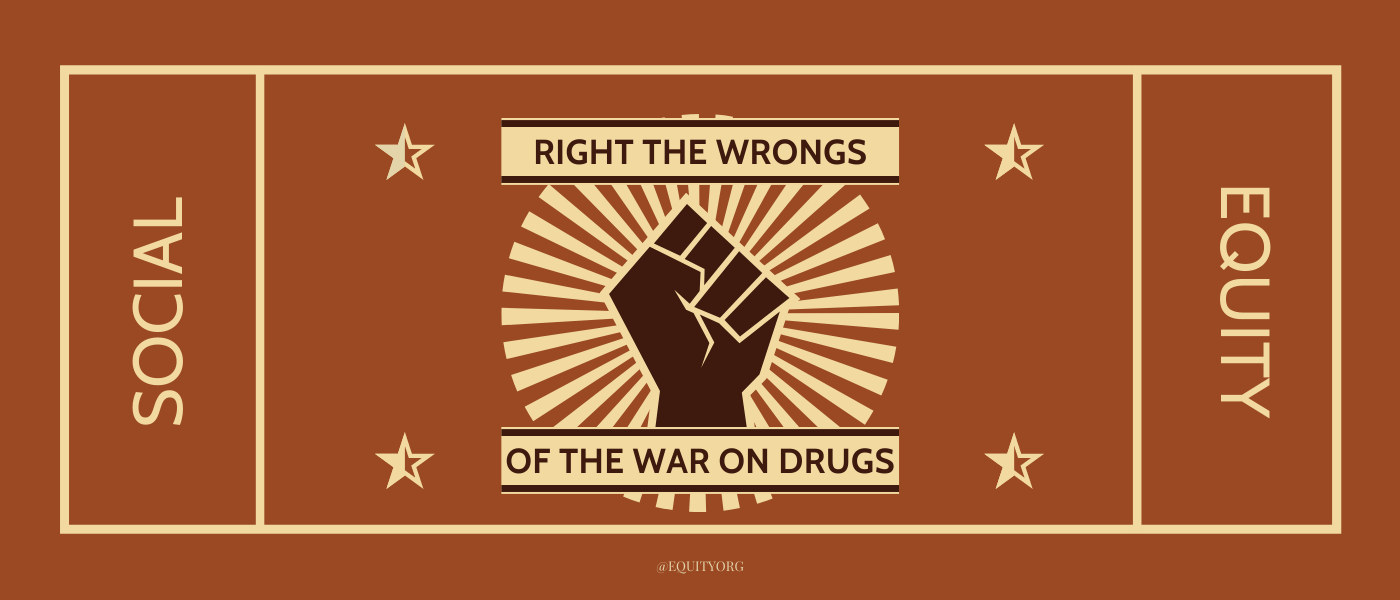
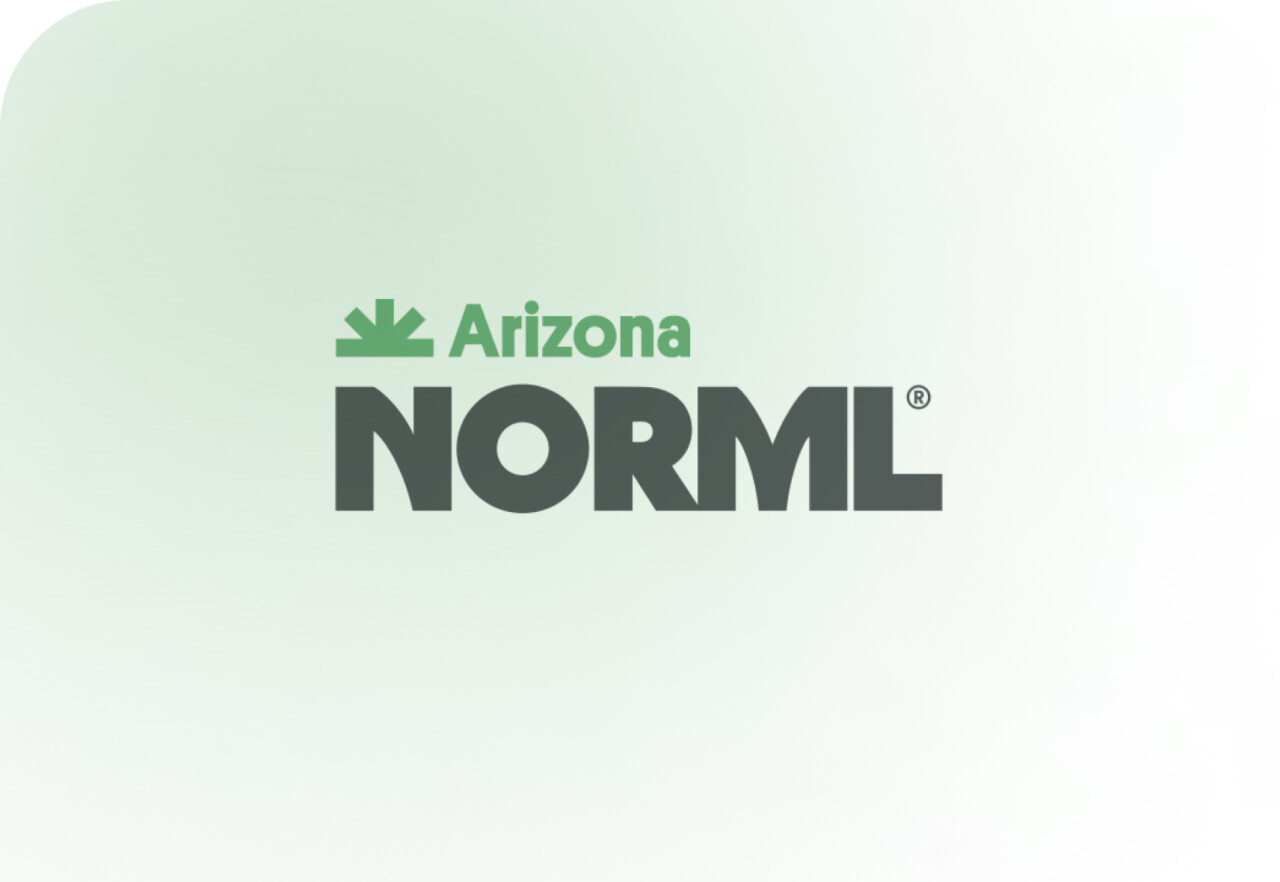
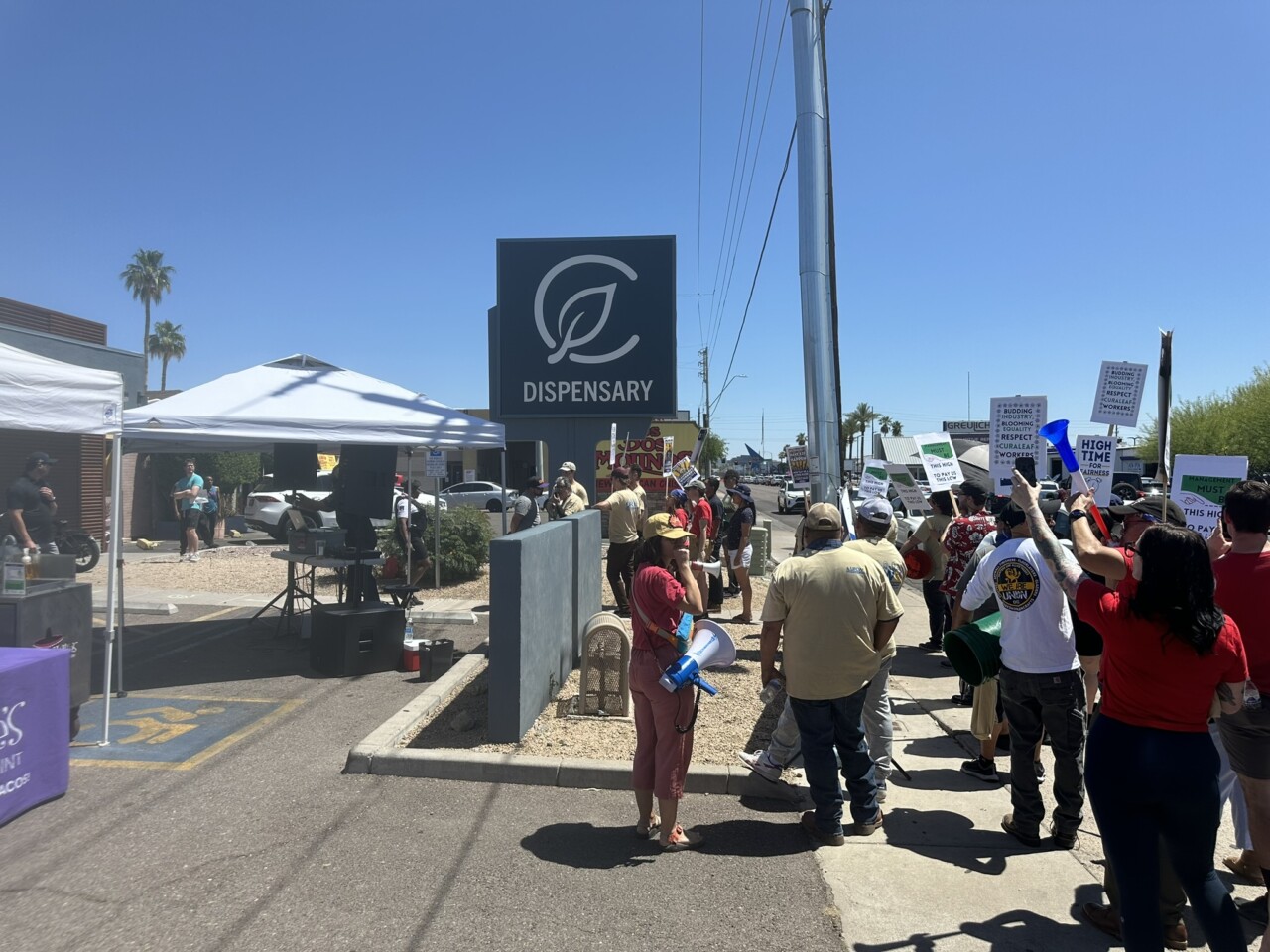
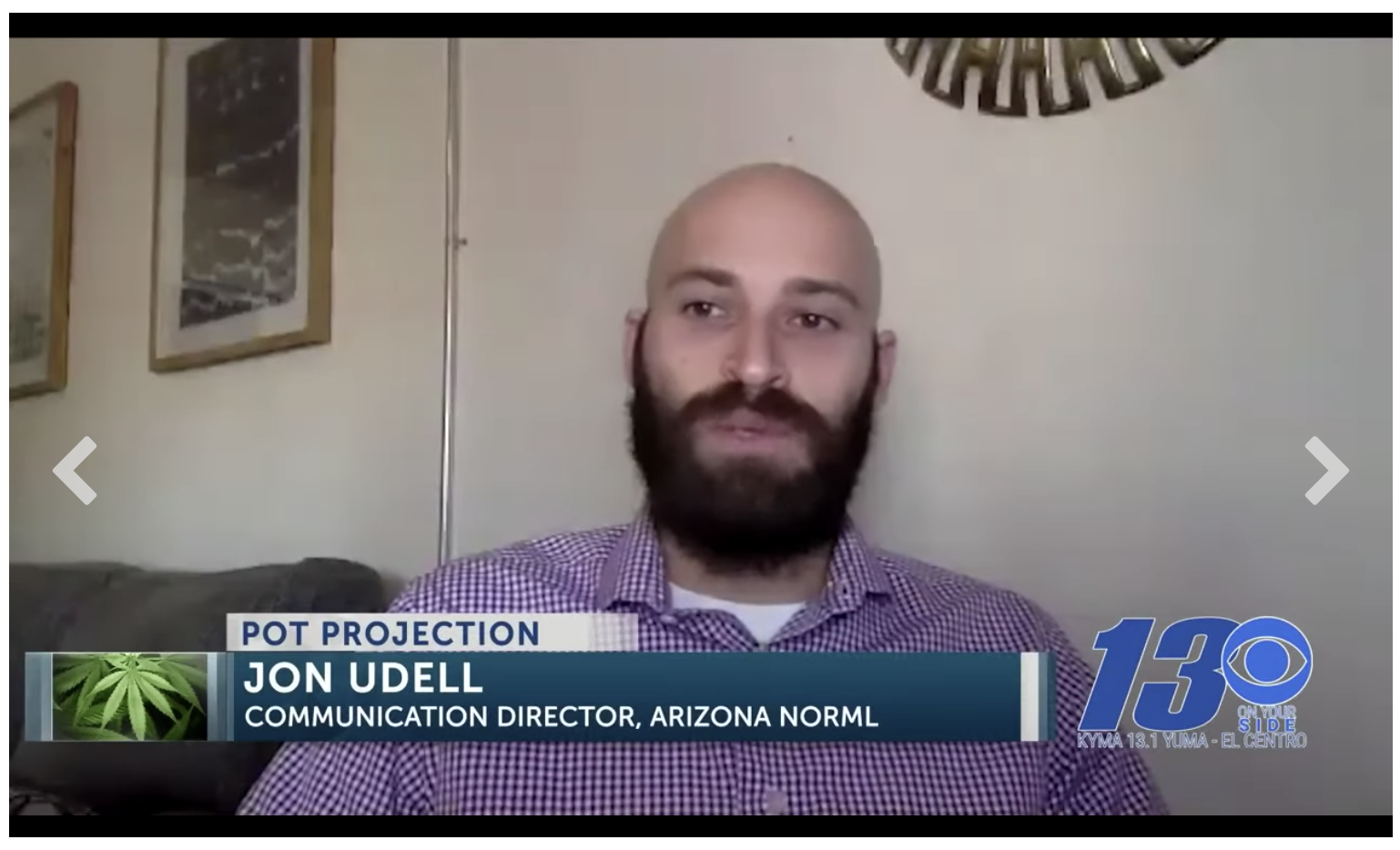

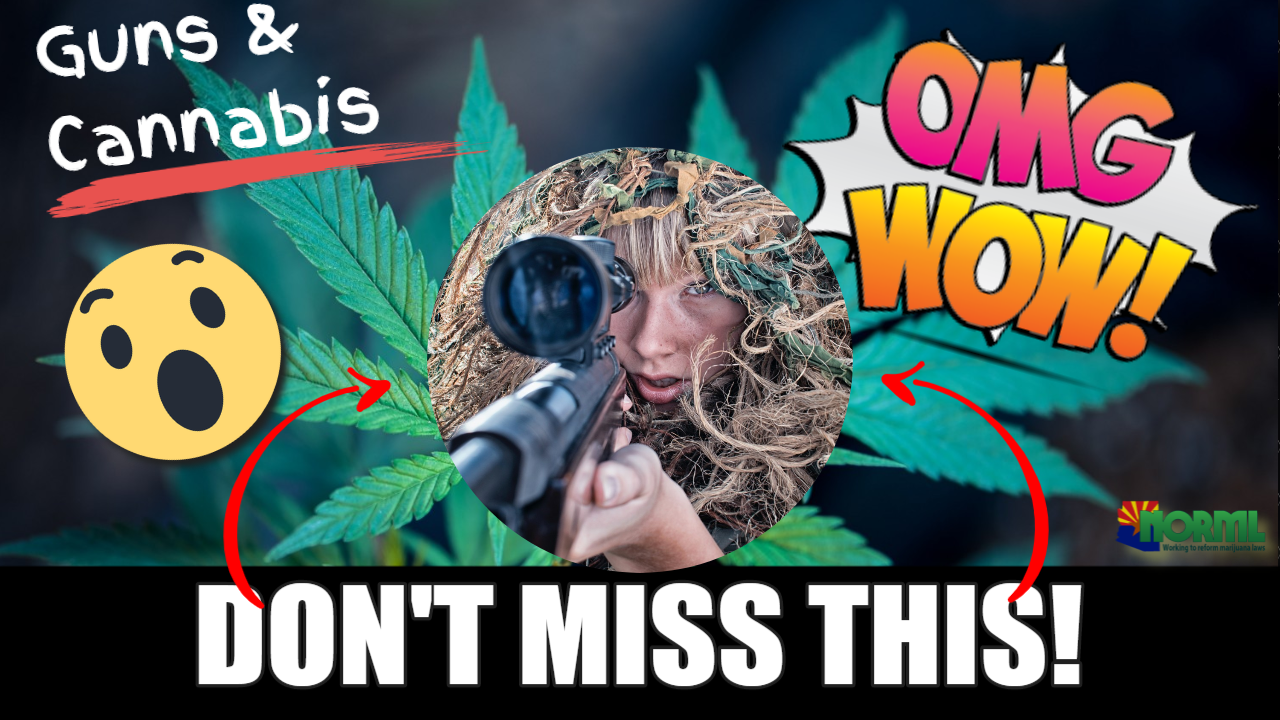
Leave A Comment
You must be logged in to post a comment.